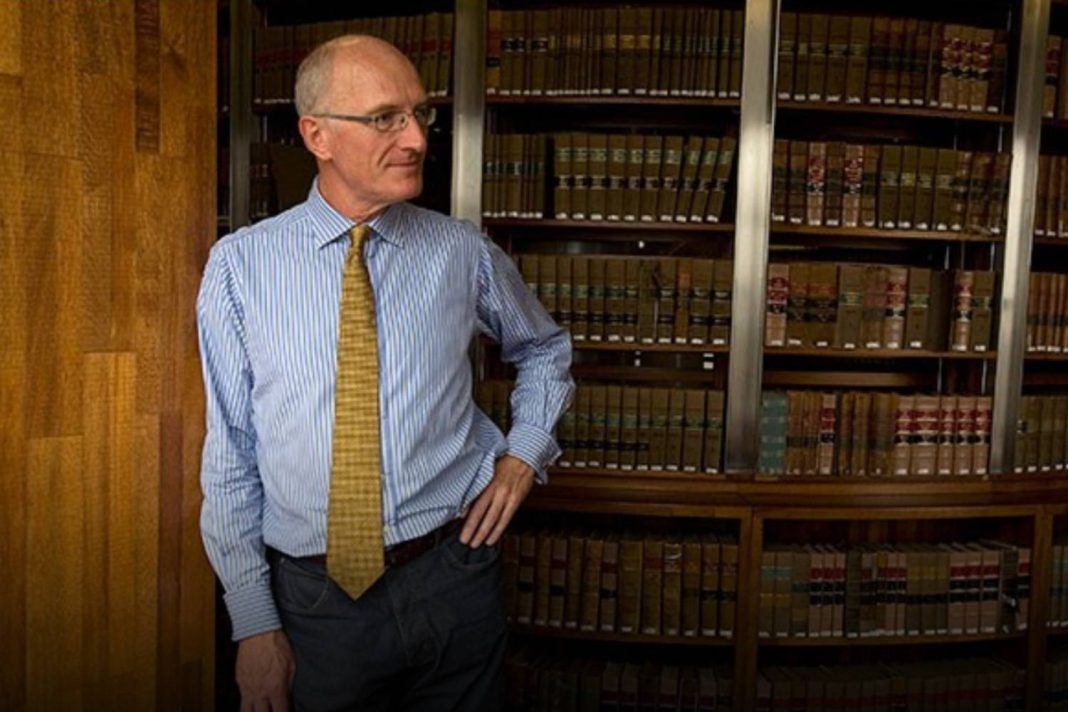By Edwin Naidu
South Africa talks the talk when it comes to upholding the Constitution and rule of law.
But it seems that only a few unheralded citizens walk the talk. Many others whose fingers have been caught in the cookie jar parade as arbiters of justice.
Former Constitutional Court Justice Edwin Cameron did not hide the details around the powerful persona of rogue rapist Thabo Bester during his imprisonment in Mangaung.
While Correctional Services never divulged much on anything, the former inspecting judge, Cameron, shared details about goings-on in a parliamentary briefing, explaining how powerful Bester had been before bars.
Democracy is better served when leaders like Cameron don’t shy away from the truth. South Africans in power could learn from this man.
Those in the ivory towers of learning should take a leaf from his book. Chancellors of tertiary institutions usually act in a ceremonial role, endorsing the institution’s they are appointed to watch over, without any power.
Cameron, who is the Chancellor of Stellenbosch University, is cognizant of this. However, in pursuit of the truth, he has always been committed to openness in the public interest.
Hence his decision to take the legal route to allow the courts to decide on governance breaches by the leadership of Stellenbosch University.
On the surface, it seems as if they certainly operate as in the old South Africa, unphased by criticism, unbothered by the lack of diversity, and no repercussions for former vice-chancellor Prof. Wim de Villiers who was in the news last year for nepotism. A little rap on the knuckles was all he got.
At the weekend, Cameron’s affidavit around the controversies at the university’s Wilgenhof Residence claims that de Villiers and chairperson of council, Nicky Newton-King, changed the contents of an independent investigation into alleged misdeeds at the residence.
Cameron’s affidavit exposes serious governance issues claiming that De Villiers and Newton-King fraudulently conspired to change the content into alleged misdeeds at the Wilgenhof men’s residence, and withheld information about the changes from the university’s council when it took a decision on the way forward.
Just some of the misdeeds reportedly include so-called punishment rooms and photographs of initiations practices dating back many years ago
Newton-King, a former CEO of the JSE, should have known better than be linked to a decision to doctor a report. This is a public institution. What would people have to say about her commitment to governance and ethics. She ought to stand down.
At the very least she ought to have read De Villiers the riot act, instead of enabling him to do as he pleased.
The Minister of Higher Education and Training, Dr Nobuhle Nkabane, who is currently in Brazil, needs to intervene over another lapse in governance at Stellenbosch.
While Cameroon says a court must decide on the merits of the report, the minister must lay down the rules as part of the regulations for universities to ensure governance is strengthened.
Universities, like Stellenbosch, pay lip-service to governance, and in fact, transformation is masked by the strategic appointments of people beyond reproach like Prof. Thuli Madonsela and Prof. Jonathan Jansen.
They have several key senior Black academics on the staff. But the decision-making around this debacle suggests that the “old white boys and girls” club is strong at Stellenbosch.
One need not look further than their communications team – they cannot find black professionals to sell the voice of the university. I was appalled that they appointed a hospital medical spokesman as head of communications. Perhaps, that is why it is easy to doctor the narrative.
While there is some excellent research coming out of the institution, and unless I’m mistaken, Stellenbosch University seems like a sick place.
Edwin Naidu is Editor of Inside Education.
INSIDE EDUCATION







